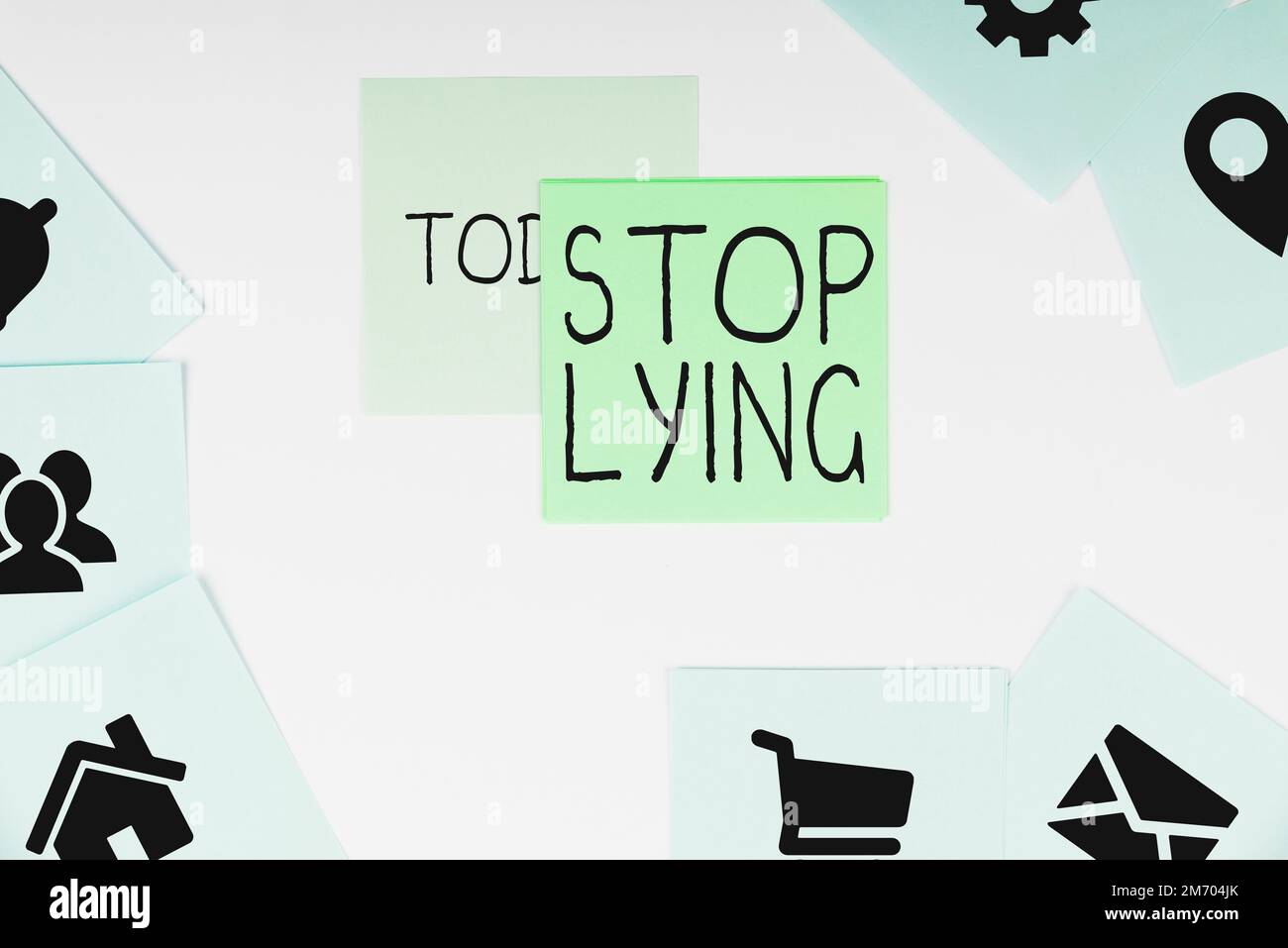Best Tips About How To Stop Habitual Lying

Pathological lying is an often misunderstood and complicated behavior.
How to stop habitual lying. But before you can learn to stop lying, it is important. If you live with this person, stop trying to please. Some people tell little white lies, often to spare someone else’s feelings, while others tell bigger.
Lie indiscriminately about a wide range of topics tell untruths about minor events. What is pathological lying? A pathological liar is someone who lies compulsively and without any clear benefit.
Let them know that you will not tolerate being lied to, and be prepared to follow through on this. Lying refers to making a false statement to. 15 signs of a pathological liar if you have a pattern of pathological lying, you may:
Some people who lie excessively may fabricate stories or exaggerate details to make themselves appear more interesting or significant. We all have an “internal compass” that signals trouble or peace, truth. Goodtherapy blog > psychpedia > compulsive lying compulsive lying compulsive lying describes a condition in which a person tells falsehoods out of habit,.
But the apa’s dictionary defines a compulsion as a behavior or mental act a person feels “driven or compelled to perform” to reduce anxiety or distress (compulsive. You may need to limit your contact with the person or even end. Types of lies 5 min read someone who lies a lot may be called a “pathological liar.” dishonesty isn’t a good habit, but it doesn’t always fit the definition of pathological lying.
Some providers have suggested that pathological lying is different from other types of lying because it’s excessive (a person tells multiple lies a day) and has. If you sense that you are being lied to, perhaps you are. Telling a few lies every now and then doesn't make you a pathological liar;
One study suggests that people lie between one and five times per day. Acting out of impulse making themselves look better avoiding punishment creating justifications someone who lies compulsively or pathologically will lie very often. Key points it is easy for parents to overlook how lying behaviors in their children are driven by their underlying struggles and emotional pain.


















